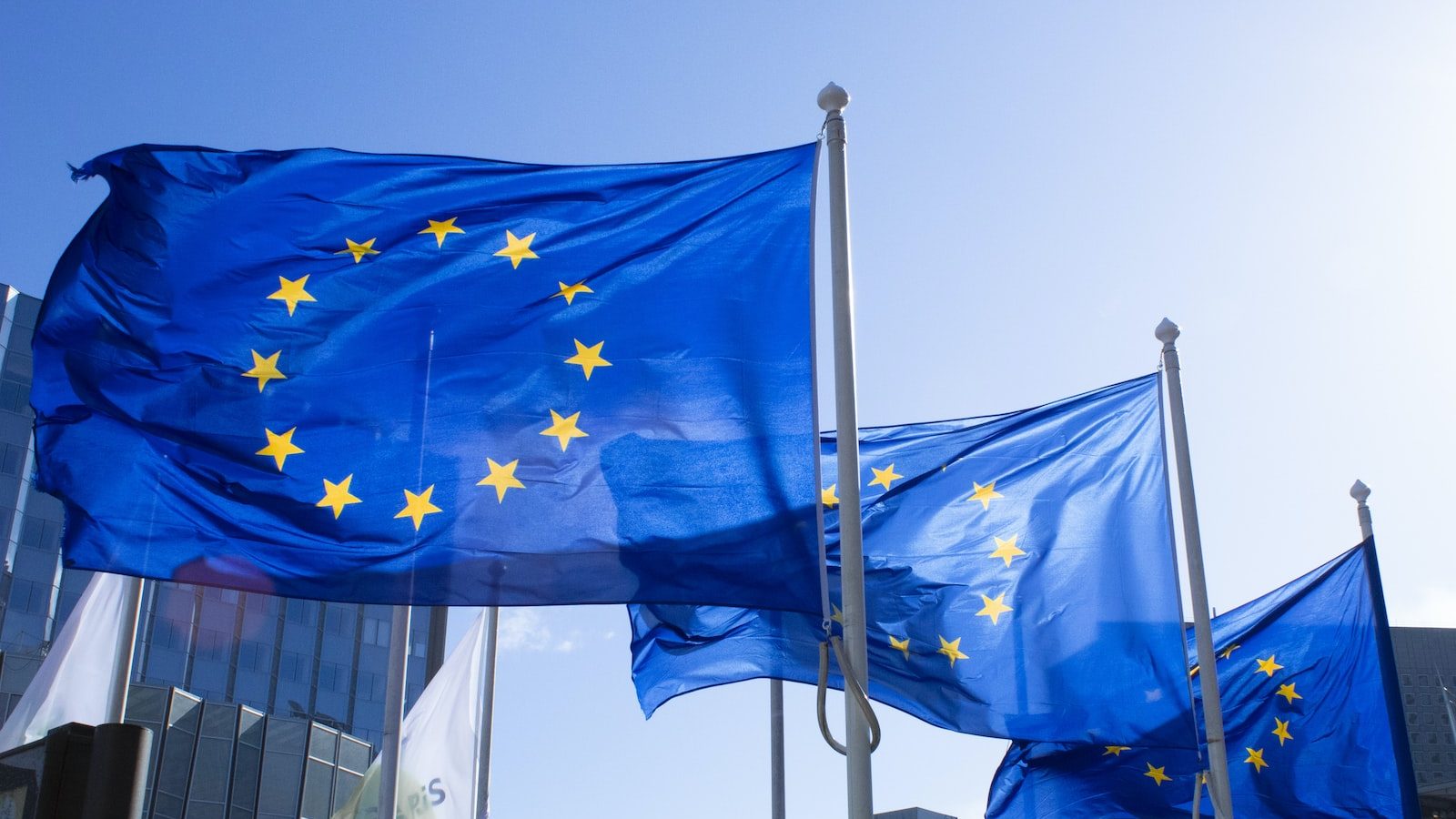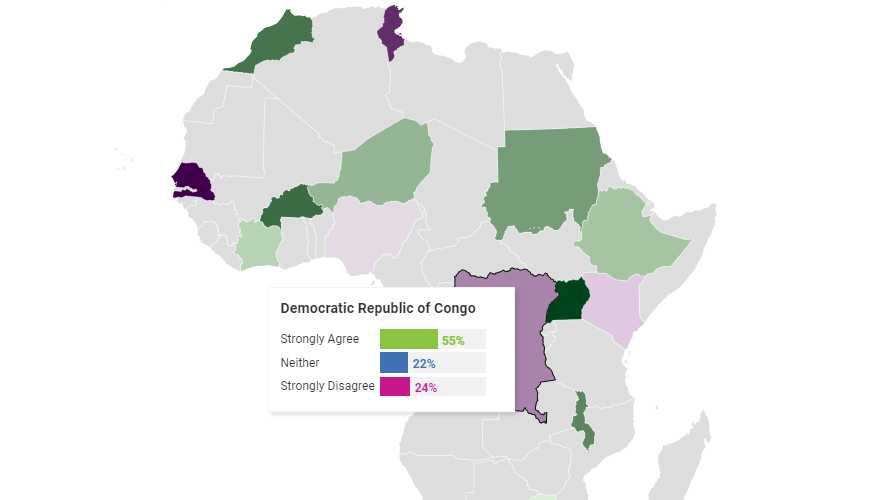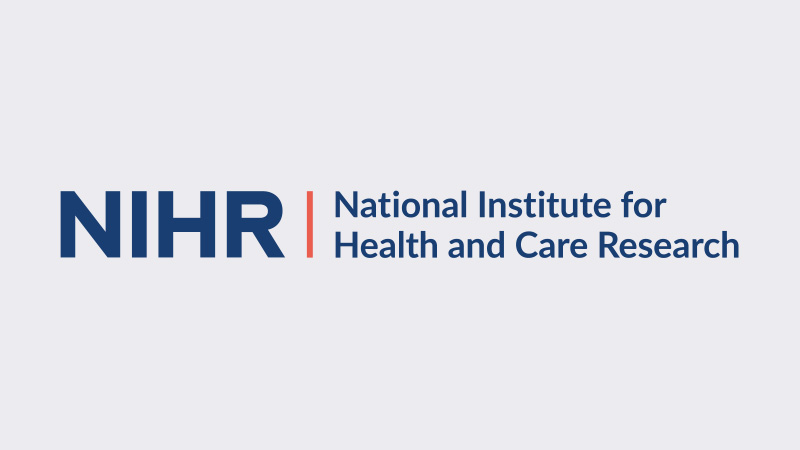The COVID-19 pandemic prompted renewed emphasis on monitoring vaccine confidence. This study extends vaccine confidence surveillance to geographies where such research is limited.
Related content

In 2018, the European Commission engaged the Vaccine Confidence Project to create the first “State of Vaccine Confidence in the EU” report. Since then, the VCP has conducted bi-annual research to map and monitor public attitudes to vaccines across the region and examine trends over time.

Vaccine confidence in Nigeria is high compared to other countries. The latest data we have for Nigeria is from surveys conducted in 2022 which showed that 81% of people feel that vaccines are safe and 82% think they are effective. 81% of those surveyed said they believe it’s important for children to have vaccines and 78% feel that vaccines are compatible with their religious beliefs.

The aim of this study was to investigate public knowledge and perceptions of both the COVID-19 pandemic itself and COVID-19 vaccine acceptance among adults (aged…

To identify knowledge gaps, beliefs and attitudes in relation to the COVID-19 pandemic and COVID-19 vaccine acceptance among adults in the Asia-Pacific region, the Vaccine Confidence Project conducted two waves of quantitative research in 2021 and 2022.

Mixed method study to examine adult and HCP confidence in vaccination in Eastern Europe (Balkans, Caucasus, Central Asia).

Our research aims to reverse the decline in immunisation coverage in children, increase vaccine uptake in adults and reduce inequalities in the vaccine service.